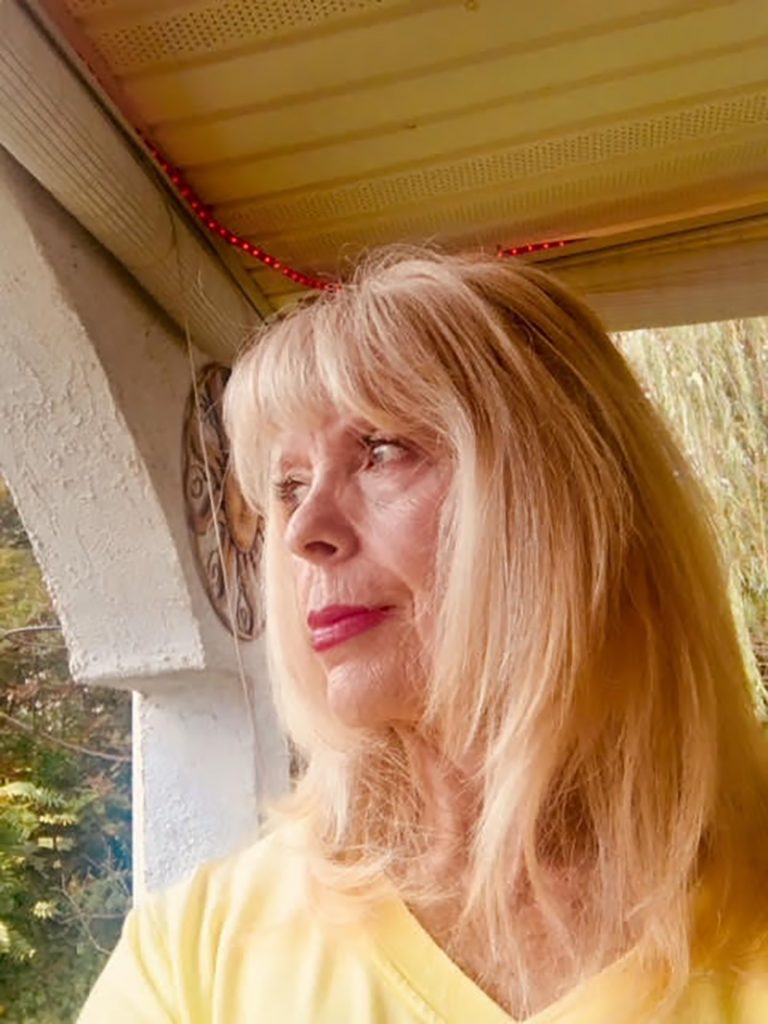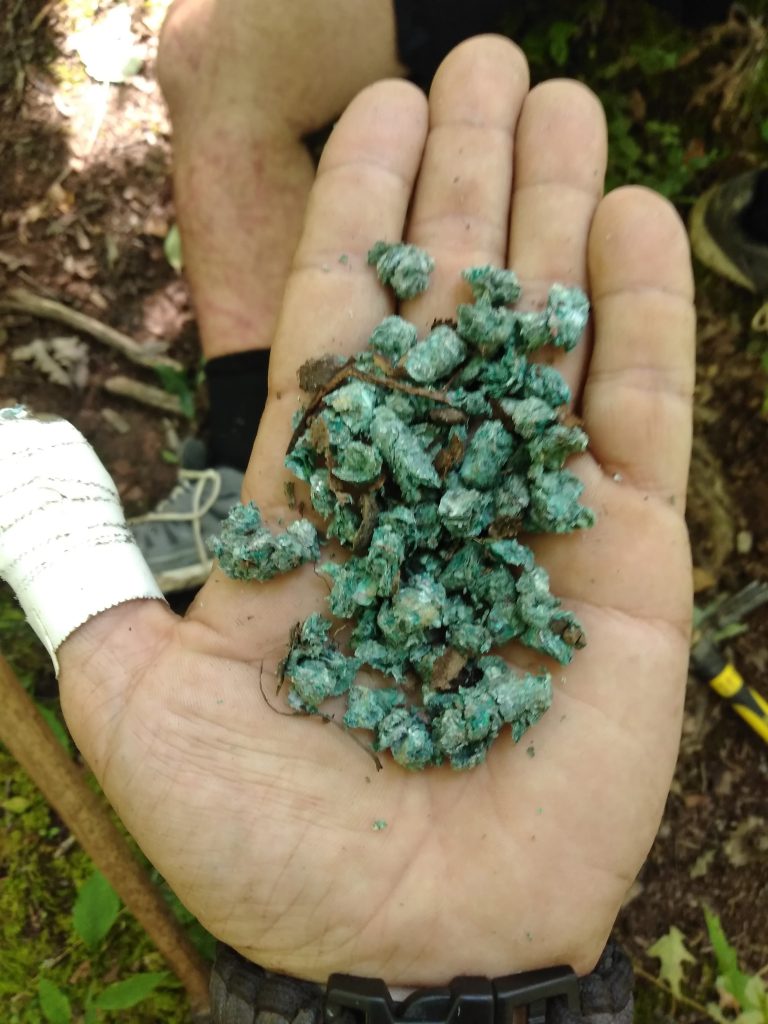Cleaning Up Coal Ash
For well over a century, power plants across the country have burned coal to generate electricity. And for just as long, leftover coal ash has been dumped in open, unlined pits near the power plant, usually located on a river or lake. Every year, U.S. power plants produce 130 million tons of coal ash, which is the second largest waste stream in the country after municipal garbage.
Coal ash concentrates the toxic heavy metals found in coal, including arsenic, mercury, lead and selenium. Stored in unlined, wet impoundments, coal ash has been leaking these toxics into our groundwater and surface waters for years. Sometimes these impoundments collapse — with disastrous results.
Yet government regulations for coal ash management are either non-existent or sparse, and there is little enforcement of the regulations that do exist. In North Carolina, this lack of oversight — and the complicity between state regulators, elected officials and Duke Energy — came to a boiling point in February 2014 when one of Duke’s coal ash impoundments spilled 39 million tons of ash into the Dan River.
Citizens living near North Carolina’s 33 coal ash impoundments — all of which have leaked — have fought for transparency from Duke and the state, and for cleanup of the pollution that threatens their property value, health and family. Their actions forced this issue into the headlines of news networks and to the forefront of environmental justice conversations in the United States.
Appalachian Voices stood with these communities as we worked for years to compel Duke Energy and the N.C. Department of Environmental Quality to excavate coal ash from all the North Carolina sites and dispose of it either in lined, dry landfills, away from waterways, or by recycling it for concrete or other uses, provided it’s done in a manner that protects public health and the environment.
On Jan. 2, 2020, North Carolina announced a historic settlement with one of the state’s most powerful corporations and polluters, Duke Energy. The settlement requires Duke to move nearly 80 million tons of toxic coal ash at six of its power plants to properly lined landfills onsite or recycle it.

Learn information about specific coal ash impoundments in the South, including health threats and safety ratings:
Additional Resources
Fact sheets, videos, links to academic research, and more
Sign Up to Act
Help us protect the health of our communities and waterways.
Latest News
Barbara Jividen
Construction of the Mountaineer XPress Pipeline near Barbara Jividen’s home came with concerns about safety risks posed by the fracked-gas line.
Neal Laferriere
Last September, Mountain Valley Pipeline contractors dropping anti-erosion pellets by air missed the site by a half-mile, pelting Neal Laferriere and his children and irreparably damaging their farm.
Coal Ash Cleanup: Three States See Major Developments
North Carolina holds meetings on coal ash cleanup in the state. Tennessee workers who are sick after cleaning up TVA’s 2008 coal ash disaster seek resolution. Virginia moves closer to requiring Dominion Energy to relocate its toxic coal ash.
Legal Troubles Escalate for Atlantic Coast and Mountain Valley Pipelines
Construction on the Mountain Valley Pipeline continues in places, despite continued legal challenges. Atlantic Coast Pipeline construction is halted in all three states as projected costs balloon and legal troubles escalate.
Underground mine blowout causes flood, property damage in Virginia
Accumulated water bursting out of one of CM Mining, LLC’s operations in Hurley, VA, causes flooding and property damage in nearby neighborhood.











